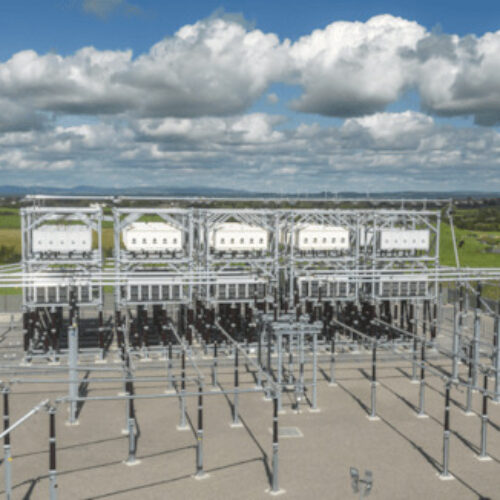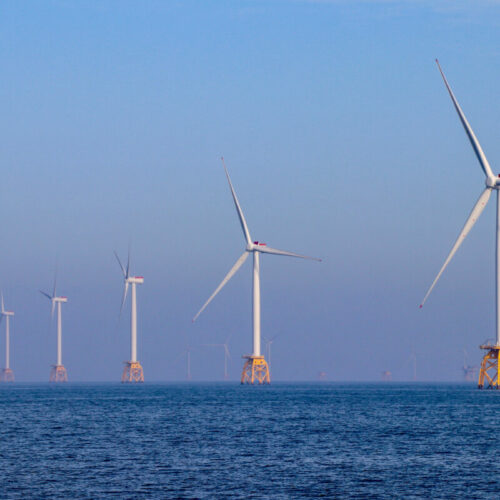A botched Brexit would threaten the UK’s energy security by having severe implications on its ability to trade energy with Europe, the House of Lords has warned.
In a new report published today, the House of Lords’ EU Energy and Environment sub-committee has warned that with interconnectors with Europe pivotal to the UK’s ability to meets its energy demand, the UK’s role within the Internal Energy Market (IEM) has taken on new importance.
The ‘Brexit: Energy security’ report analyses the potential impacts of Brexit on a raft of energy initiatives, including the IEM, Ireland’s Single Energy Market and the country’s nuclear power sector.
The committee said that it had witnessed strong support from the industry for the country to remain in the IEM, but that this was “unlikely to be possible” given the government’s current stance on single market membership post-Brexit.
This is likely to affect the UK’s relationship with European interconnectors as while they enable the country to trade power with its European counterparts, the committee considered this to be less efficient and, therefore, costlier to consumers if conducted outside of the IEM.
Interconnectors look set to play a growing role in the country’s electricity supply. The UK currently has five active interconnectors – two with the island of Ireland connecting it to the SEM (Single Energy Market) and three further connections with France, Belgium and the Netherlands – with more in the works.
Around 5% of the UK’s current electricity demand is met through interconnectors.
In its assessment of the government’s Clean Growth Strategy the Committee on Climate Change (CCC) warned that current plans for the decarbonisation of the UK power sector placed a “high reliance” on net imports.
But it is not just issues of trade that would complicate matters of attempting to maintain membership of the IEM. That would require the UK to adopt European energy laws which the country would hold little influence over, potentially posing legislative issues.
A similar problem would be seen in Ireland, with the committee stressing the need for Ireland’s SEM to be maintained. This would require “careful consideration”, the report claims, due to the need for European energy laws to be adopted in Northern Ireland to maintain trade.
The committee also raised potential implications for the country’s nuclear sector – again crucial to the government’s hopes of meeting its targets under the fourth and fifth carbon budgets – and discussed concerns over the country’s ability to recruit the required expertise to develop new nuclear plants.
As a result, the committee had urged the government to establish how it will work with the EU to ensure the country’s energy supply remains secure.
Lord Teverson, chairman of the EU Energy and Environment sub-committee, said the inquiry had heard of the many benefits of the UK’s existing energy relationship with the EU.
“The minister [Richard Harrington] acknowledged these benefits when he stated his hope that Brexit would result in as little change as possible. It remains unclear, however, how this can be achieved, without remaining in the single market, IEM and the other bodies that develop and implement the EU’s energy policy.”





